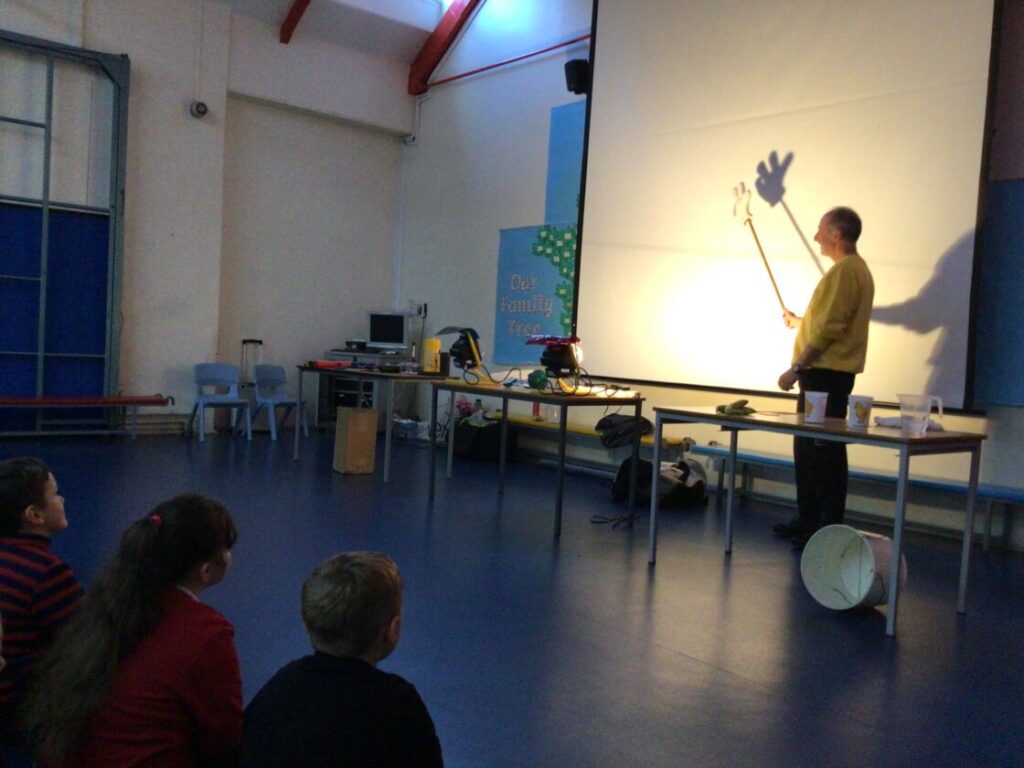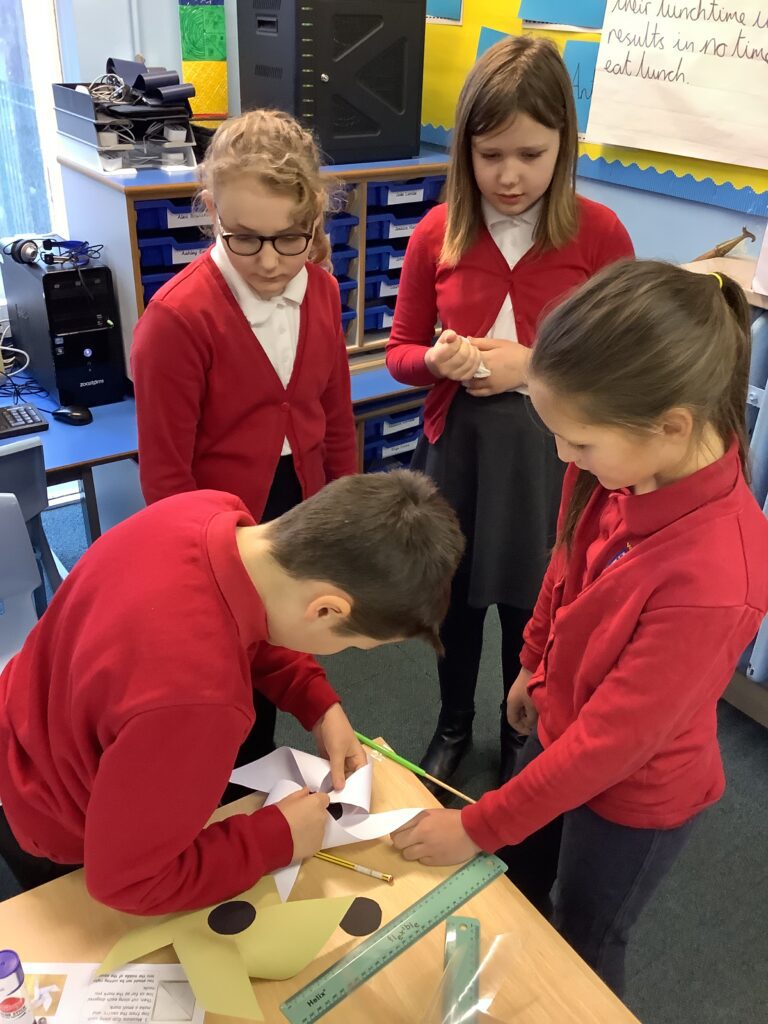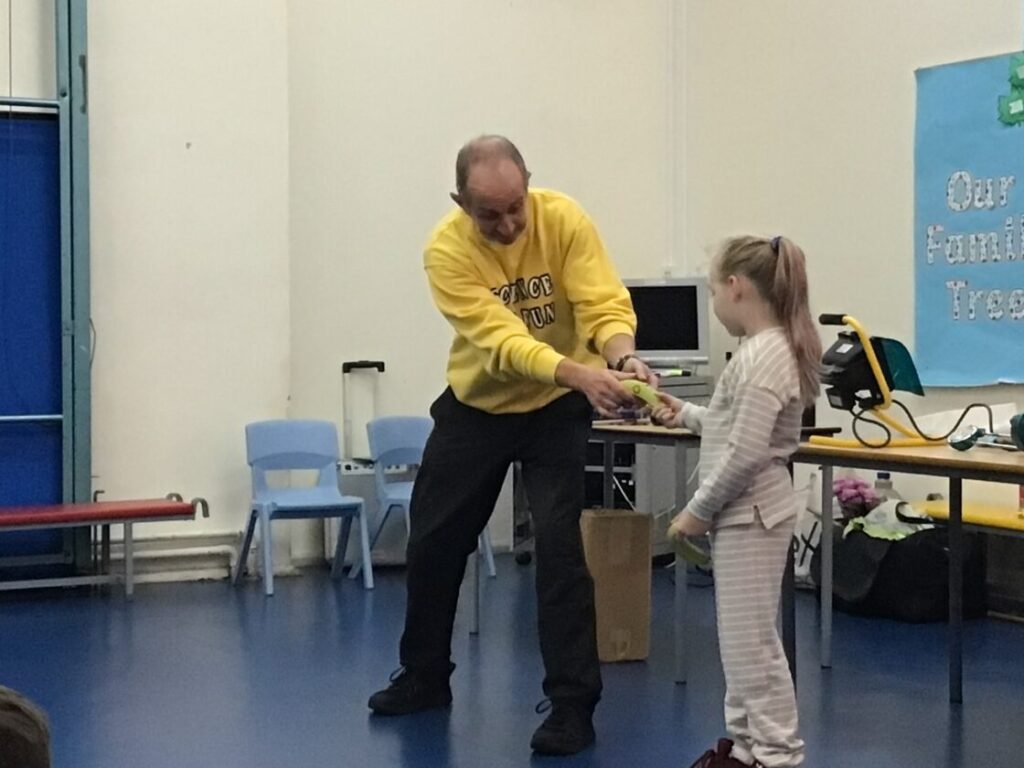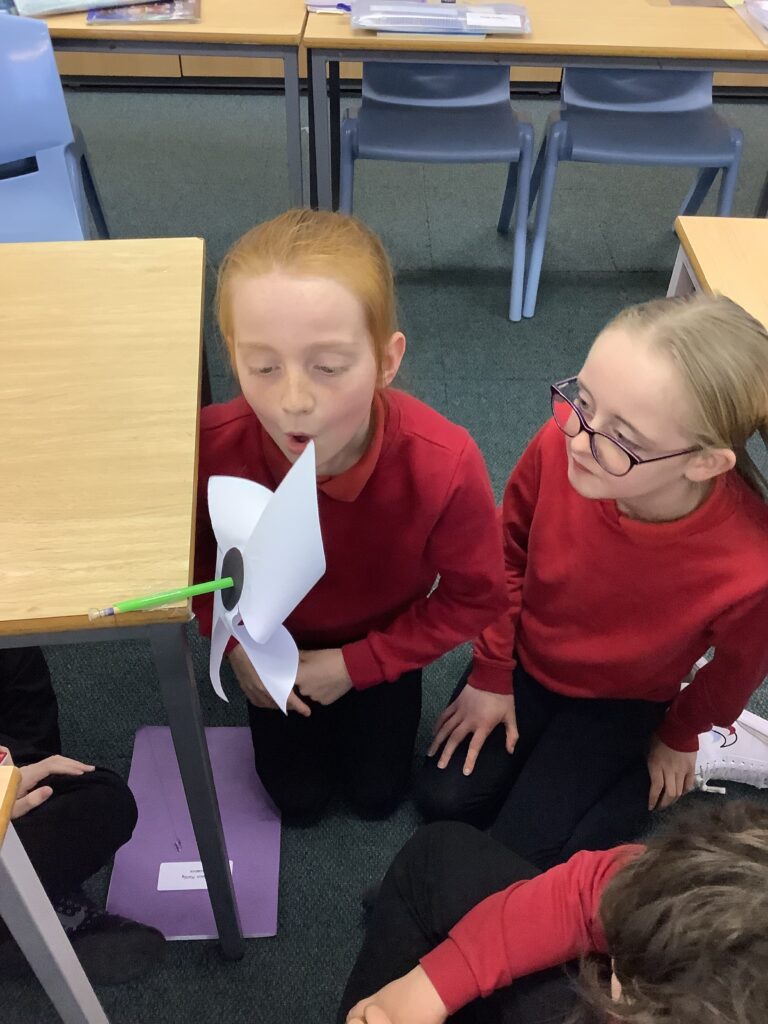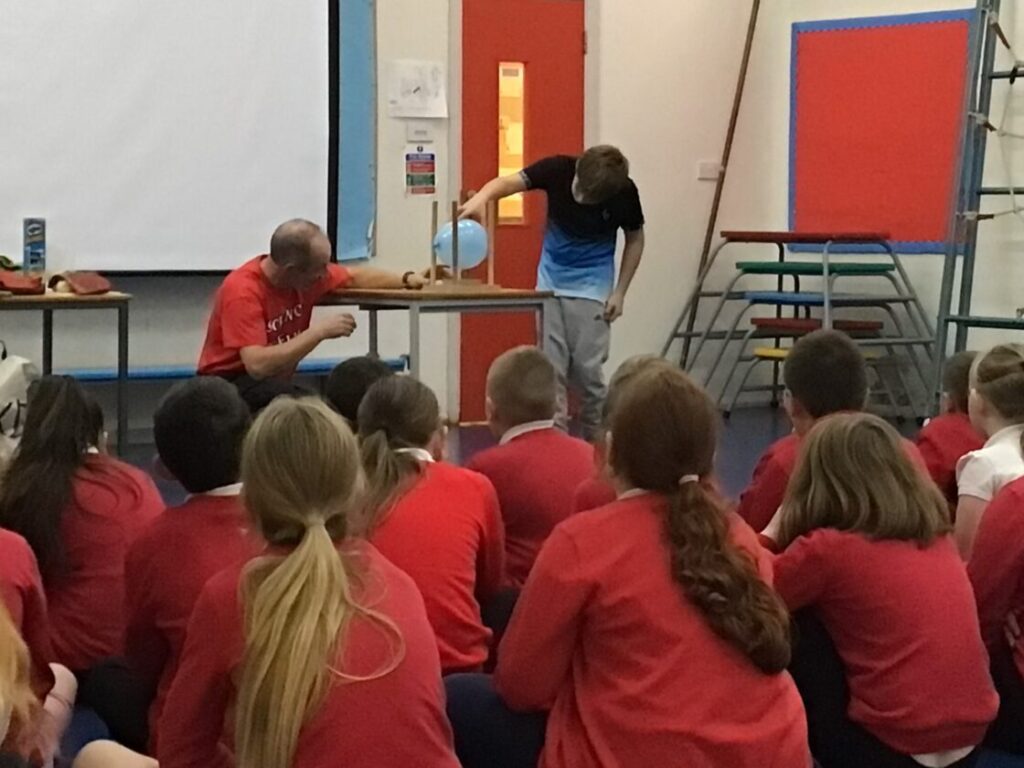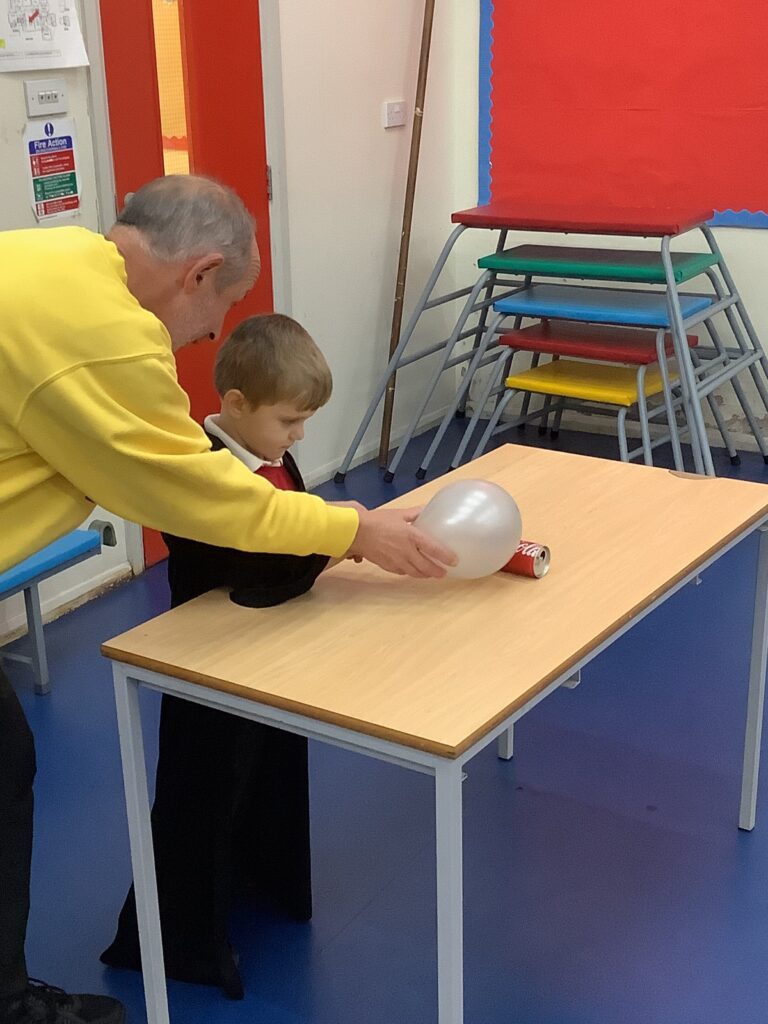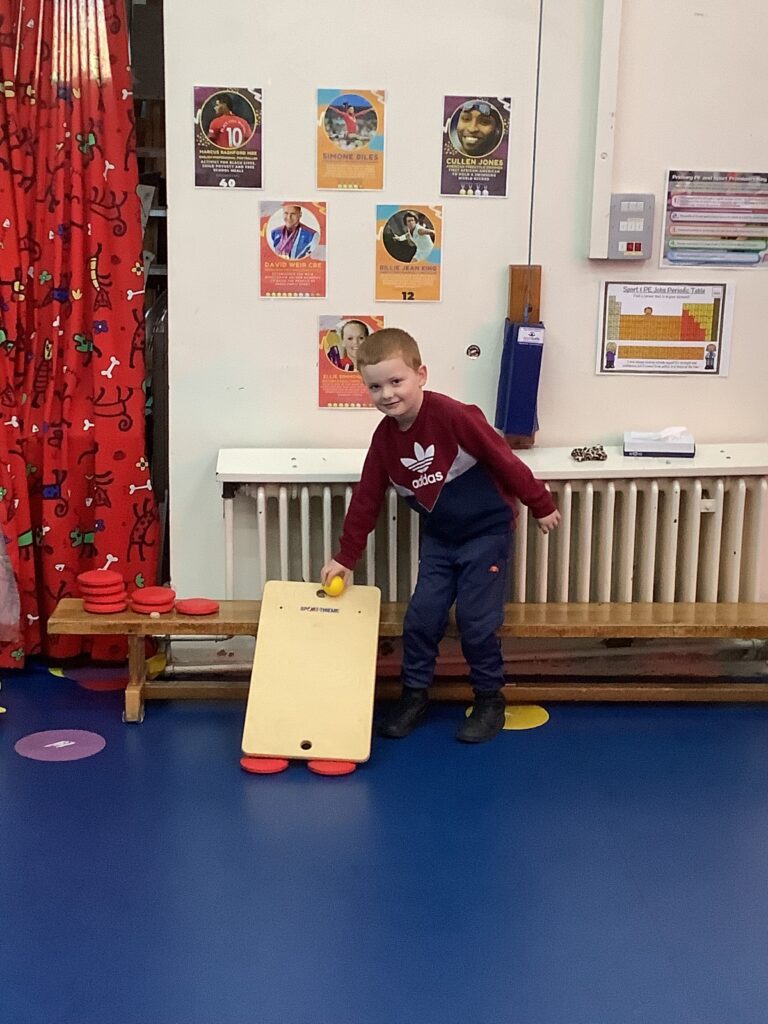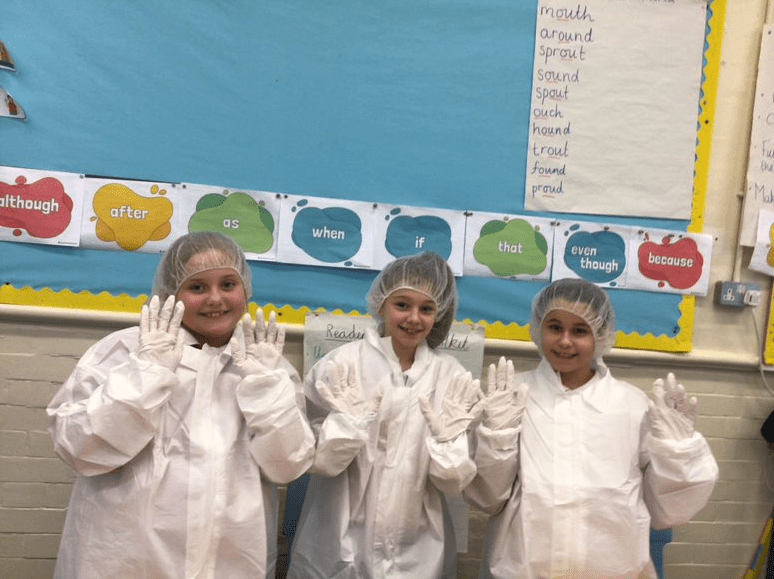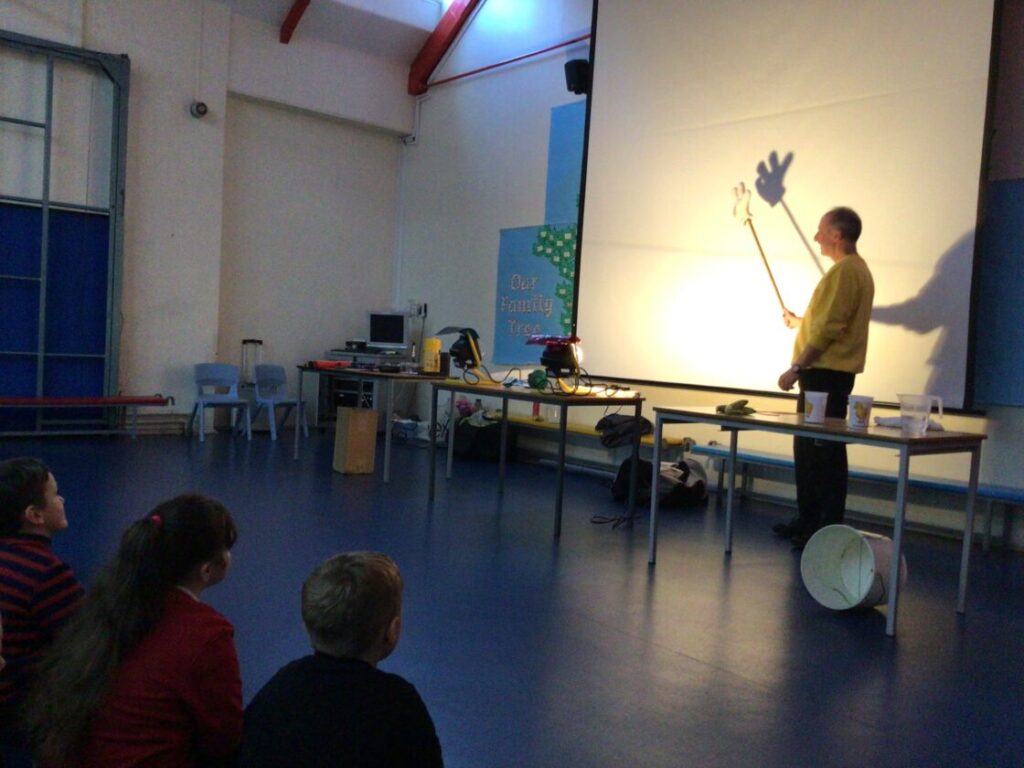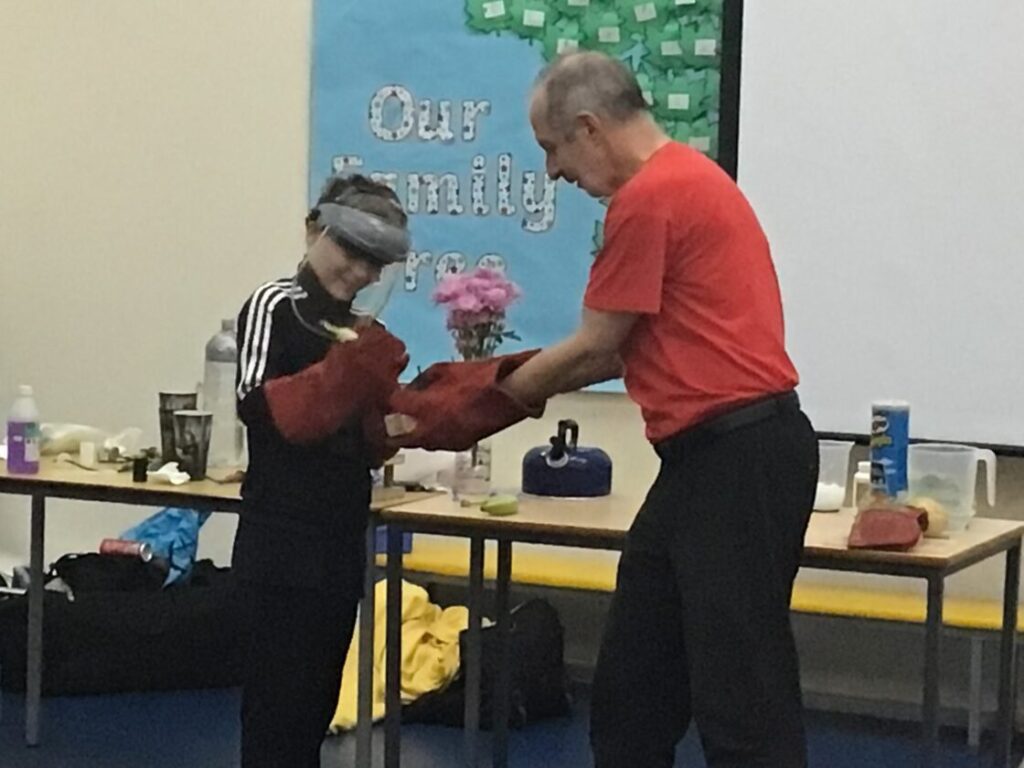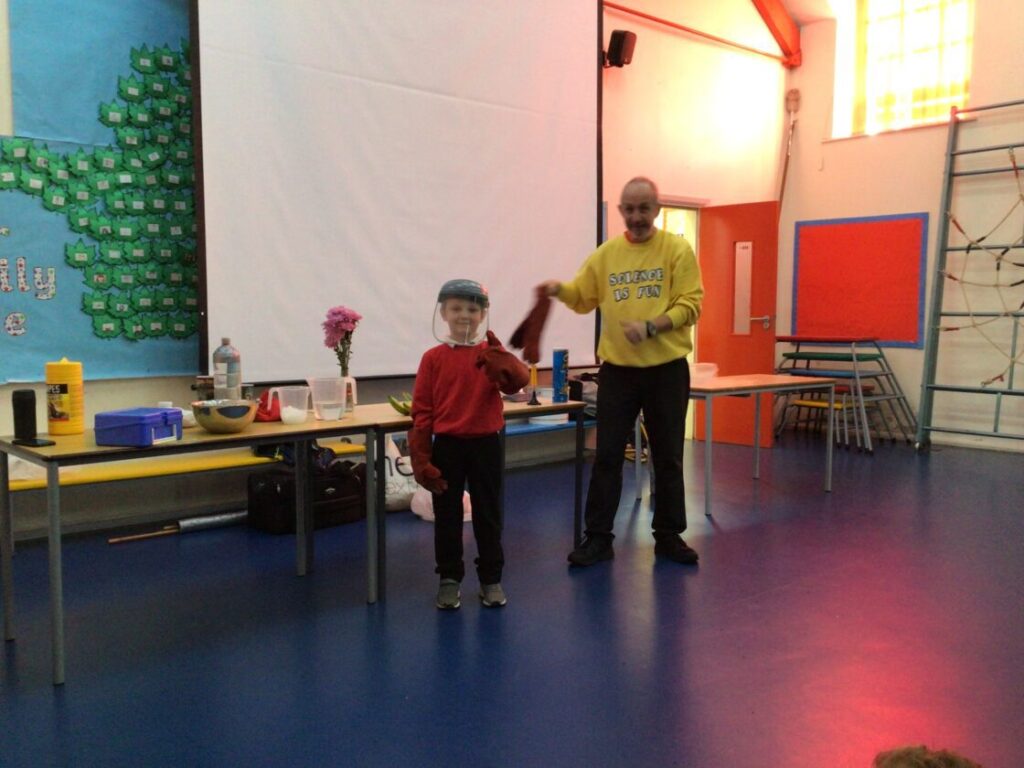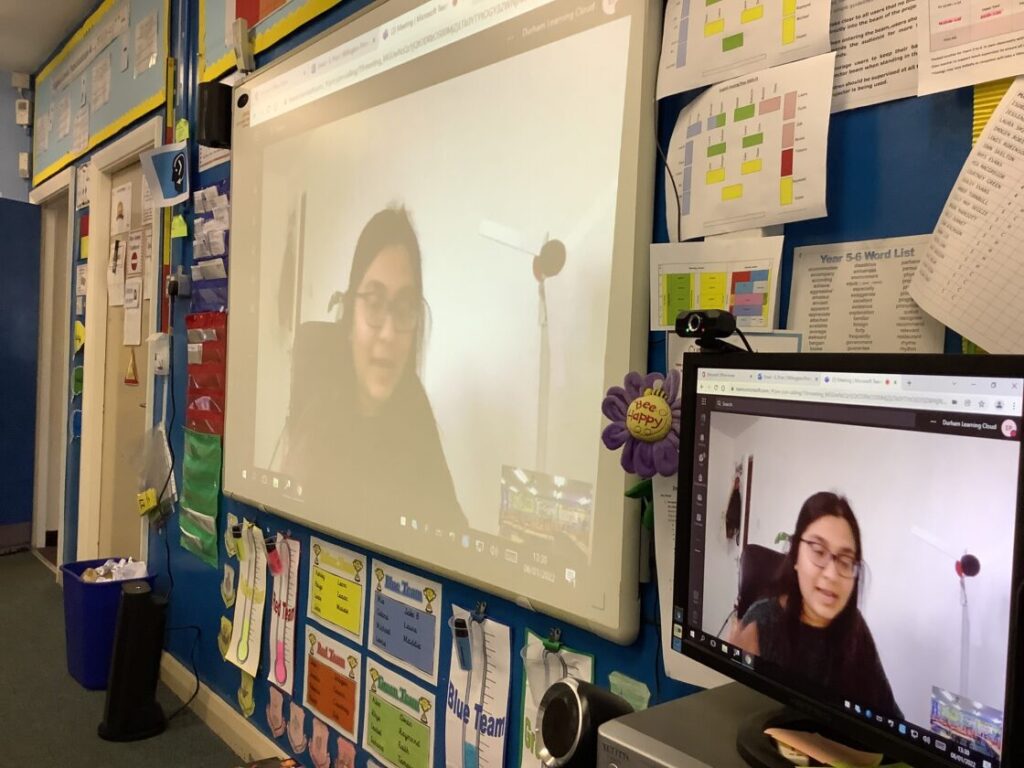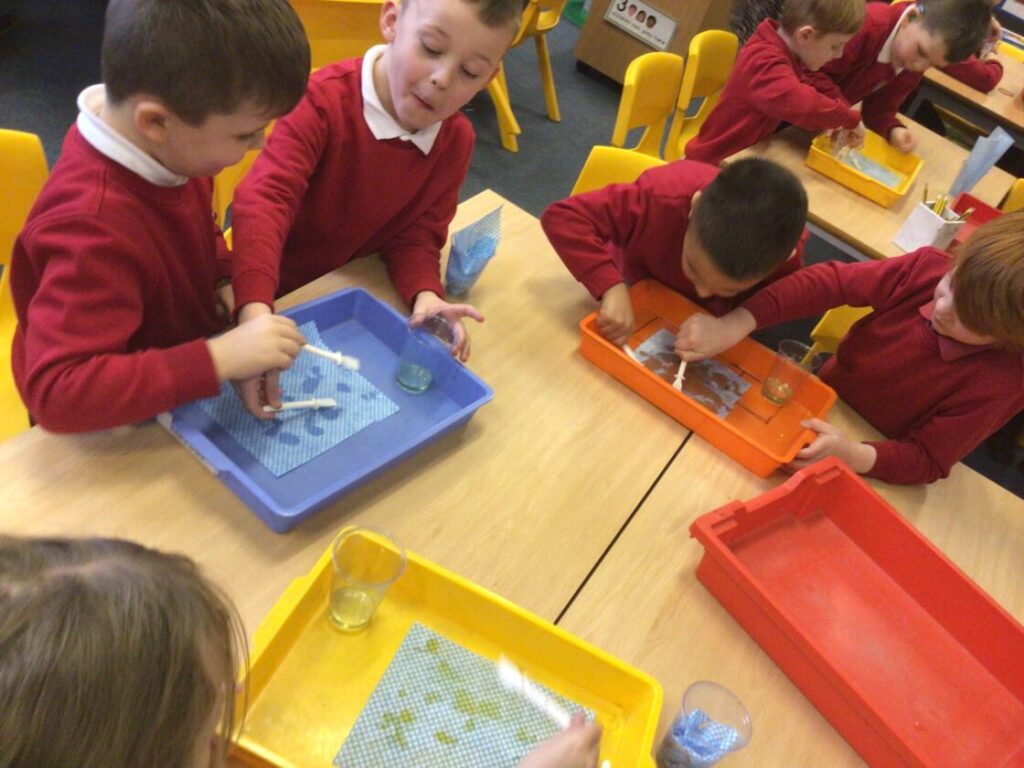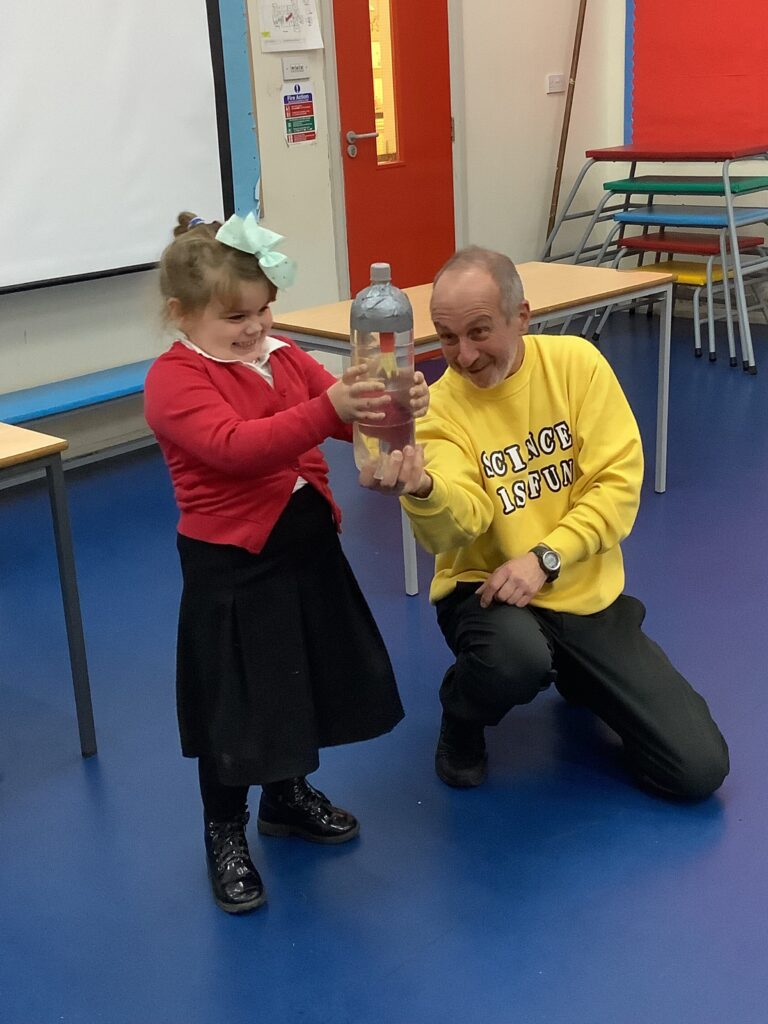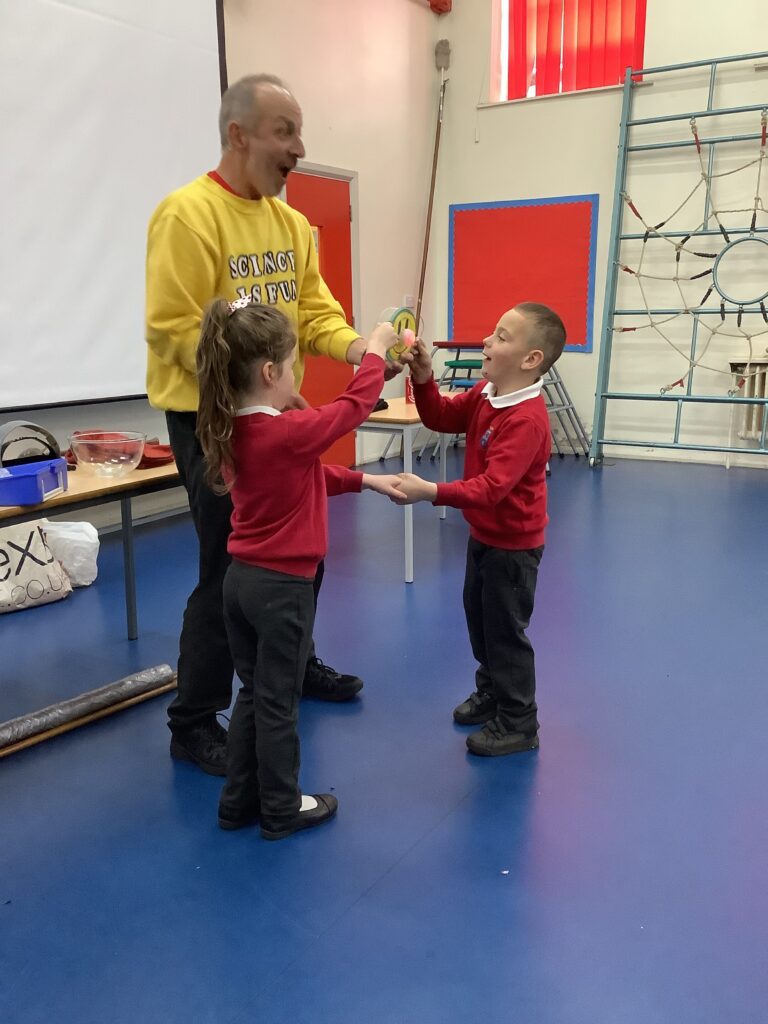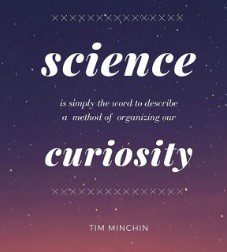Subject Leader – Mrs Barnett
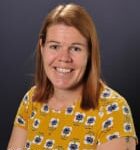
Science Rationale
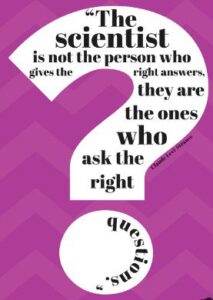
At Willington Primary School we recognise that Science forms an integral part of daily life. We want our children to be excited about science, to think of themselves as scientists and continue their love of science throughout their education and beyond. We aim to normalise science to make it accessible and engaging for all pupils regardless of ethnic origin, gender, class, aptitude or disability, with a broad and balanced science curriculum.
Through our teaching, children are encouraged to explore and make sense of the world around them using a hands-on enquiry-based curriculum that nurtures curiosity and promotes questioning. We provide our children with practical meaningful, memorable learning experiences and help them make links between their own contexts, learning in science and the wider curriculum.
Teaching at Willington Primary School aims for children talk like scientists, act like scientists, and write like scientists, no matter what a child’s English attainment is. We use Seesaw alongside individual exercise books to ensure science is accessible for all. We aim to personalise learning to ensure all children are engaged in lessons and teachers draw on the experiences and knowledge children do have, rather than those they don’t. This is a fundamental principle of The Primary Science Capital Teaching Approach, one that we are beginning to adopt in our teaching.
Our curriculum ensures full coverage of the National Curriculum programmes of study for science and Understanding the World in the Early Years Foundation Stage. Our curriculum is progressive, building on key knowledge and skills throughout the school. In order to plan engaging lessons that include meaningful and memorable learning experiences for our pupils, we draw upon a range of resources. These include PLAN resources, Ogden Trust and Explorify.
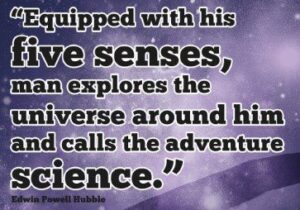
We understand the importance of teaching substantive knowledge alongside disciplinary knowledge to ensure our children understand and make links between the knowledge and the evidence for it. We ensure that children build an extensive and connected knowledge base through carefully sequenced lessons, building on prior knowledge and effective retrieval practice. Alongside this, our pupils learn important working scientific skills such as questioning, planning, predicting, using equipment, presenting data and drawing conclusions. These skills are practised in each year group, built-on and developed throughout their school life.
At WPS we understand the importance of our role in helping our pupils develop important oracy skills and exposing them to a wide range of vocabulary. In science, this vocabulary builds up throughout the school, is displayed in classes during topics and will soon form an important part of our new knowledge organisers.
At Willington Primary School we understand the huge role that we as a school play in developing the science capital of our pupils to ensure pupil enjoyment, engagement and understanding of science.
Therefore, we aim to raise the profile of science here at Willington Primary School through:
- enhanced days/weeks throughout the year
- a fun and engaging after-school Science Club
- a science specific reading spine (currently Y1-6)
- visitors in school
- the use of our school and local area
- participation in local and national projects
Science Intent
- To develop pupils’ interest and enjoyment of science. By building on children’s curiosity, the science curriculum will help to instil a positive attitude towards science in pupils.
- To deliver all the requirements of the national curriculum in relation to science and covering major scientific concepts.
- To ensure all science lessons are purposeful, accurate and imaginative.
- To ensure pupils have sufficient scientific knowledge to understand both the uses and implications of science, today and in the future. This will also give pupils an appreciation of the changing nature of scientific knowledge.
- To develop pupils’ ability to pose questions, investigate these using correct techniques, accurately record their findings using appropriate scientific language and analyse their results.
- To help pupils develop the skills of prediction, hypothesising, experimentation, investigation, observation, measurement, interpretation and communication.
- To make pupils aware of and alert to links between science and other school subjects, as well as their lives more generally.
Implementation
Our Science curriculum is based on a big question which links to the national curriculum. Each class has a set of big questions which they work on throughout the year.








We believe that children need to be given opportunities to learn from one another and to take part in group/ partner work when appropriate but to also have the confidence to work independently when needed
Pupils are taught to understand and use correct scientific vocabulary based on the objectives and skills being taught. Developing skills such as questioning, observing, gathering and recording data, and drawing conclusions are key to science teaching and learning at our school.
Practical ‘hands on’ learning is at the core of our science teaching and learning. Our lessons will allow for a wide range of scientific enquiry, including the following:
- Pattern seeking
- Observation over time
- Classifying and grouping
- Undertaking comparative and fair testing
- Researching using secondary sources
Impact
Through our Science teaching and learning, pupils should be able to recall knowledge, use scientific vocabulary and develop scientific skills.

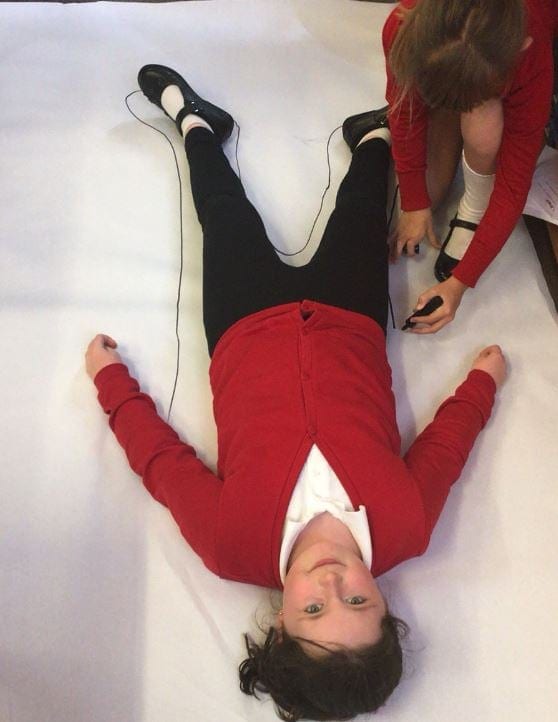




Science Capital
At Willington Primary School, we aim to take our pupils beyond the National Curriculum and promote their science capital in as many diverse ways as possible.
Science capital is concerned with the pupil’s exposure to science beyond the classroom and with us, as teachers, noticing what scientific experiences children bring to school. We aim to build a rich environment in which children can develop and share their science capital. Visitors to school form an important part of our children’s scientific experience. Our school grounds and local area offer the chance for investigations to be carried out, including the growing of plants in the school garden and observation of the seasons and wildlife. Science Weeks and a new Science club are further ways in which we encourage to see science beyond the curriculum.
Click on the links below to view some examples.
Science Club
In the Summer Term we started a new Science Club. Each week we explore a different theme using hands-on, fun experiments. Click the link below to see what we have been up to!
